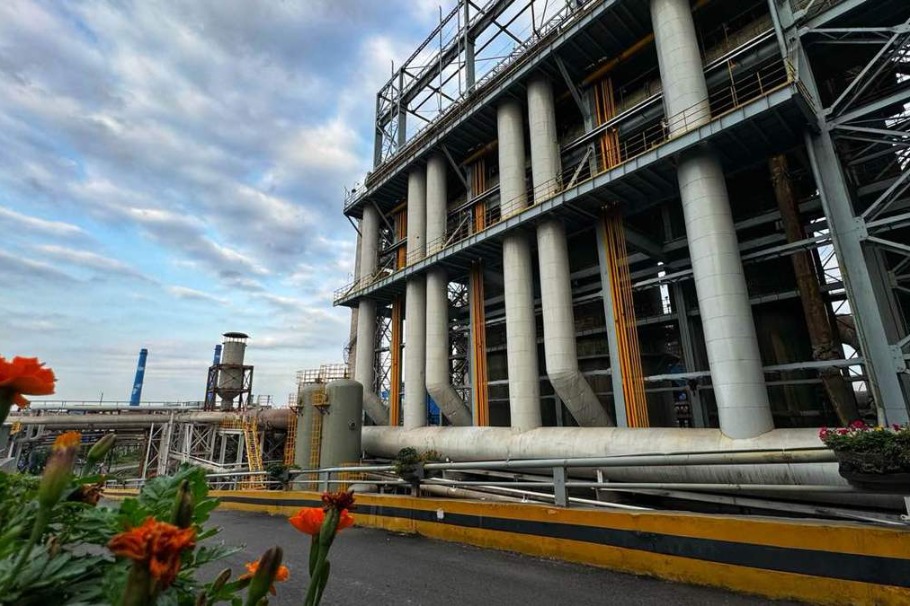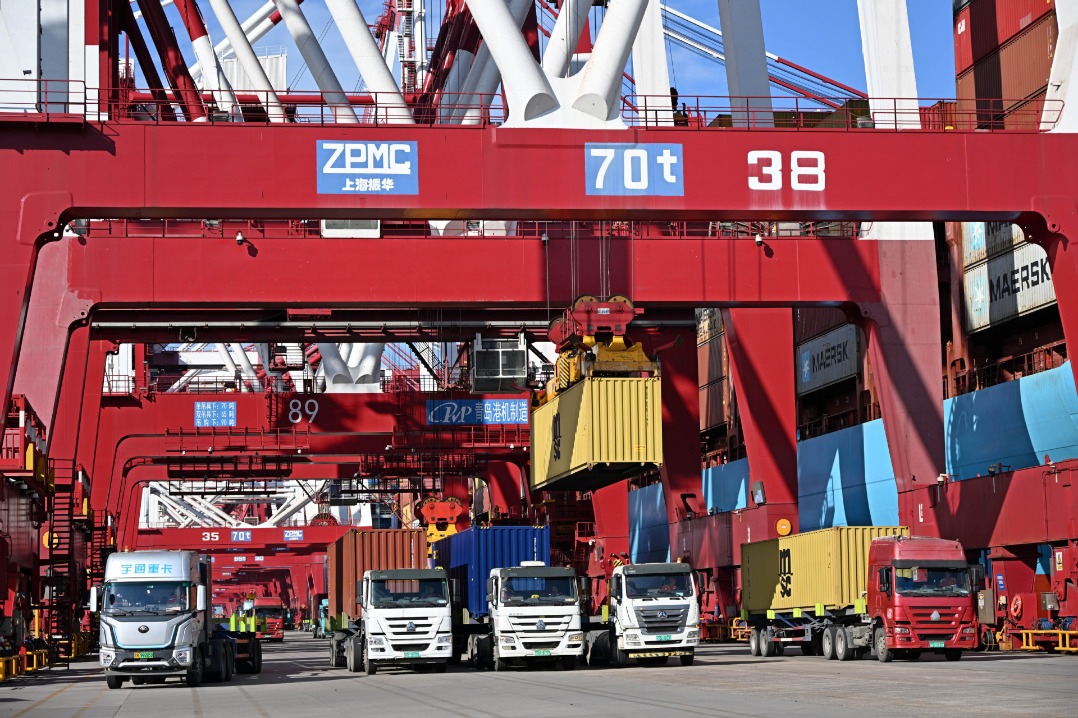Chinese EV makers eye potential of expanding markets


Chinese electric vehicle manufacturers are ramping up their push into Africa, seeking to capture a growing market with untapped potential.
Chinese EV maker Neta Auto — a brand developed by EV startup Zhejiang Hozon New Energy Automobile Company — opened its first flagship store in Kenya in June. The company is aiming to open 100 stores across 20 African countries in the next 2 to 3 years, and sell more than 20,000 vehicles.
In mid-June Chinese EV maker Xpeng Motors introduced its G9 and P7 models to the Egyptian market to expand its international sales — previously focused on Europe — further into the African and Middle Eastern markets.
In the same month, another Chinese EV manufacturer, BYD, signed a deal with EV tech company Ampersand, based in Kigali, Rwanda, pledging to strengthen its presence in Africa by increasing sales of new energy and plug-in hybrid vehicles.
Ampersand boasts the largest charging networks in Rwanda and Kenya. Under the deal, it will purchase batteries from BYD to build around 40,000 electric motorcycles by the end of 2026. The development is part of a broader mission to electrify most of Africa's 30 million commercial motorbikes, the majority of which still run on fuel, said Ampersand.
BYD's batteries and manufacturing scale, coupled with Ampersand's market insights and technical product knowledge, is expected to accelerate the transition of Africa's commercial motorcycles from fuel to electric power.
Josh Whale, CEO of Ampersand, said switching the millions of taxis and delivery two-wheelers to EV energy represents one of the world's best value-for-money decarbonization opportunities. The new partnership with BYD will count significantly toward its capacity to continue to provide sustainable, cost-effective, mass-market EV solutions, he added.
Huang Zhixue, head of automotive sales for BYD in the Middle East and Africa, believes BYD can meet South Africa's transportation needs and exceed customer expectations.
The increasing focus on Africa is an attempt by Chinese EV manufacturers to diversify their international markets, said industry experts.
Electrifying commercial motorbikes is a good first step toward a larger goal of cutting dependence on gasoline fuels for transportation in Africa, Huang said.
According to the International Energy Agency, the penetration rate of new energy vehicles in Africa and the Middle East is less than 1 percent.
This presents a significant opportunity for Chinese EV manufacturers to leapfrog competitors by expanding product lines and enhancing brand recognition in these regions, said Lin Boqiang, head of the China Institute for Studies in Energy Policy at Xiamen University.
"Africa represents a largely untapped market with significant growth potential. With a rapidly growing population and increasing urbanization, the demand for vehicles is expected to rise sharply," he said.
"Chinese automobile manufacturers, with competitive advantages such as cost-effective production and a complete supply chain, are capable of offering vehicles at more competitive prices, making them more accessible to African consumers."
Supportive policies and investments from Chinese and African governments have further facilitated the entry of Chinese companies into the African market. Initiatives such as the Belt and Road Initiative have strengthened economic ties between China and Africa, creating favorable conditions for Chinese businesses, Lin added.
Many countries on the continent are stepping up efforts to embrace the green transition of the transportation sector. The Ethiopian government, for example, plans to import 4,800 electric buses and 148,000 EVs as part of its 10-Year Perspective Development Plan that runs from 2021 to 2030.
It has allowed the duty-free importation of EV parts as a way to promote the use of EVs as well as knowledge transfer. The prices of EVs are more competitive if they are assembled locally, which can also help boost employment.
The government of Rwanda has incentivized not only the manufacture and import, but also the acquisition of EVs, in a bid to attract investors who want to invest in EV production as well as those who want to invest in import businesses.




































